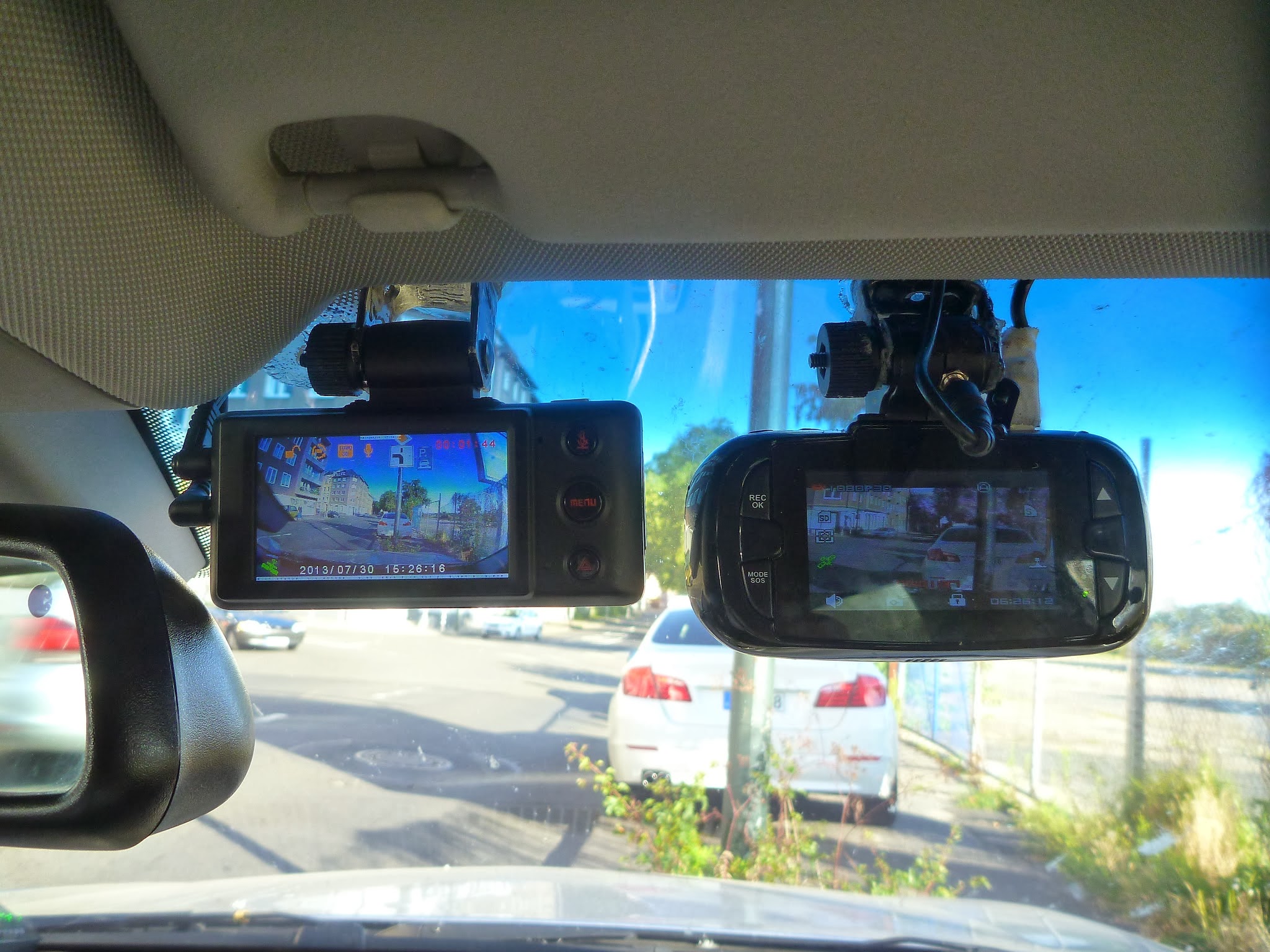If you have ever browsed viral videos, chances are, you have come across accident footage recorded by dashcams. Dashboard cameras, or Dashcams, have become increasingly wide-spread among motorists. Especially in countries where drivers are more likely to ignore the rules of the road, or where insurance fraud is common, dashcam videos are a valuable tool for documenting traffic accidents in order to prove one’s innocence to an insurance company or to the courts.
However, as with most new technologies, dashcams, are not without their own set of problems. One of the first issues raised was the concern about privacy. Some countries, such as Germany, consider the continuous or permanent recordings of dashcams as an infringement on their citizen’s right to privacy when going about their activities in public. Second, video recordings are not immune to manipulation. With today’s advanced video editing software, recordings may have been manipulated in retrospect, which makes video files hard to be trusted as evidence in court.
The contentious question German courts have been facing has thus been:
“Should Dashcam recordings be admitted as usable evidence in court in an accident liability lawsuit?”
As of May 15th, 2018, the Federal Court of Germany, or Bundesgerichtshof (BGH), which acts as Germany’s supreme court, has arrived at a landmark verdict on this question. Their 36-page court opinion, which has been published recently, contains three references to the work by Heval Mienert from the University of Würzburg and Prof. Dr. Bela Gipp from the University of Konstanz.
In summary, the BGH ruled that dashcam recordings in general violate data protection regulations, but that this must not necessarily lead to a ban on using the video as evidence in court. Rather, the courts must come to a decision by considering the individual case, i.e. weighing the conflict of interest of privacy protection on the one hand vs. the need to discover the truth on the other hand. Thus, it must be decided on a case-by-case basis whether it is justified to use the evidence obtained in court.
In this balancing act, the court ruled that the technical design of the dashcam itself should play an important role. The recording has a higher chance of being admitted as evidence, if technical measures to uphold individuals’ privacy have been implemented by the device. Such measures include only recording short sequences with cyclical overwriting, permanently storing video files only in the case of a detected impact, or restricting the access of the user to the recordings to prevent tampering or misuse. As part of this balancing of interests, the BGH referenced our research (Mienert & Gipp 2017) (in German) and our blockchain-based dashcam application, which is an example of data protection afforded by technology design (“Privacy by Design”).
Our blockchain-based dashcam application ‘DashIt’ adheres to these ‘Privacy by Design’ principles and is freely available for download from the Google Play store. To learn more about the implementation of our blockchain-based dashcam, consult this paper.



